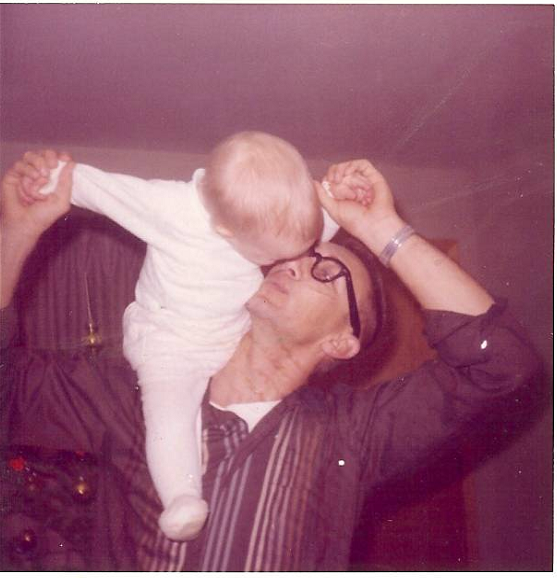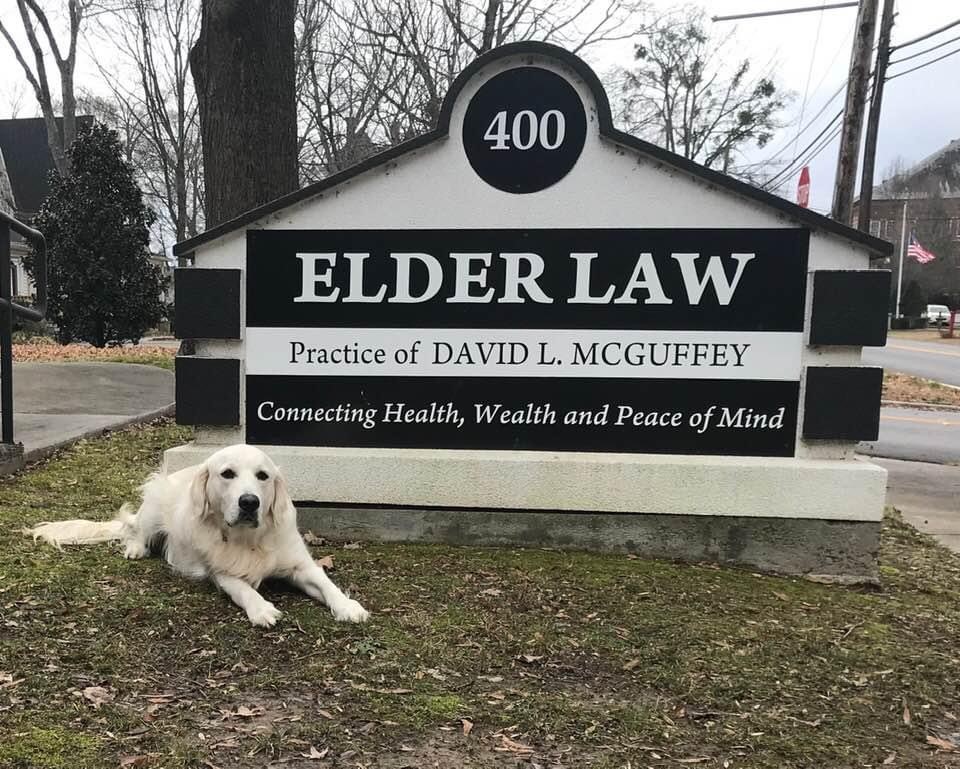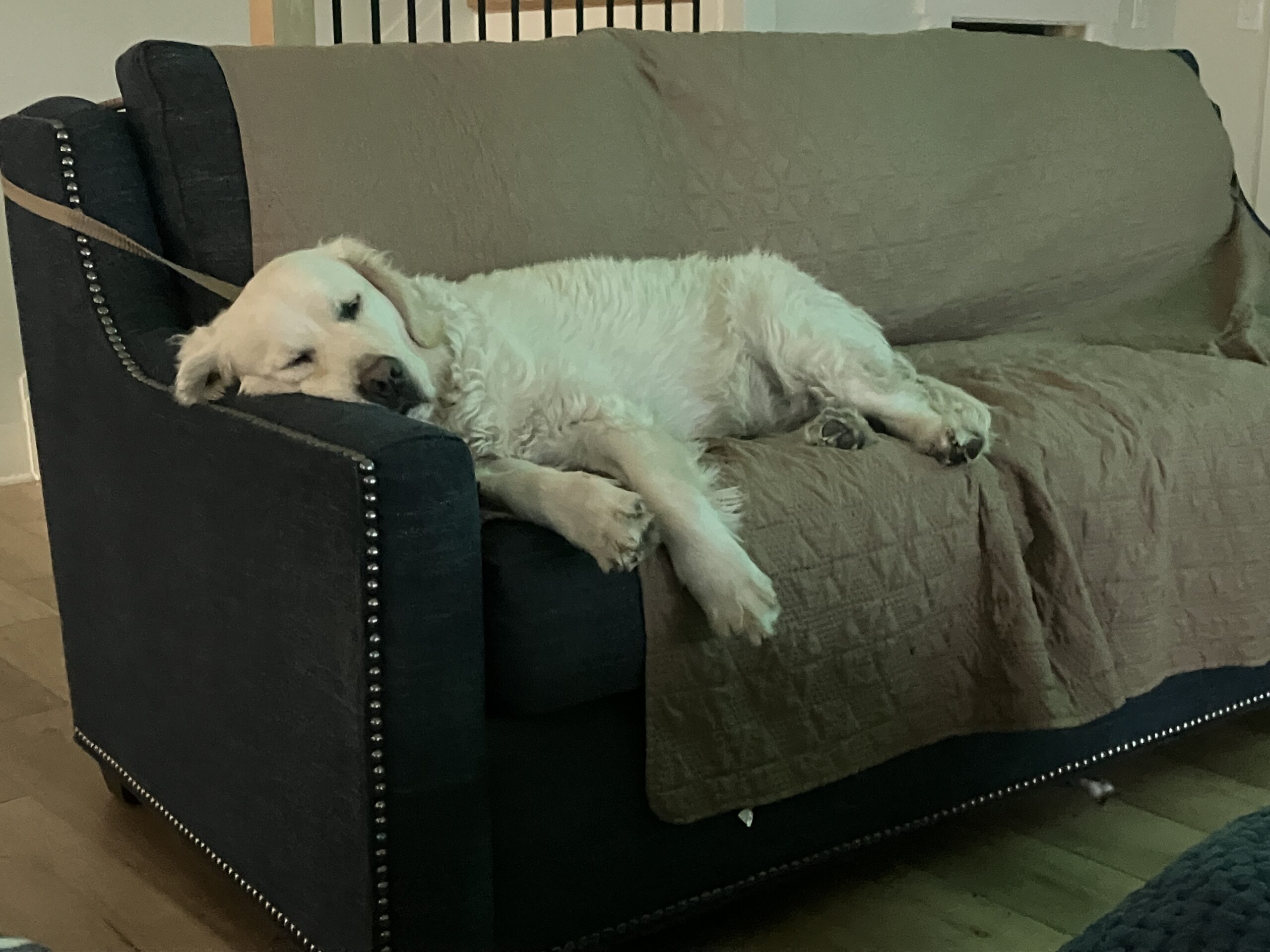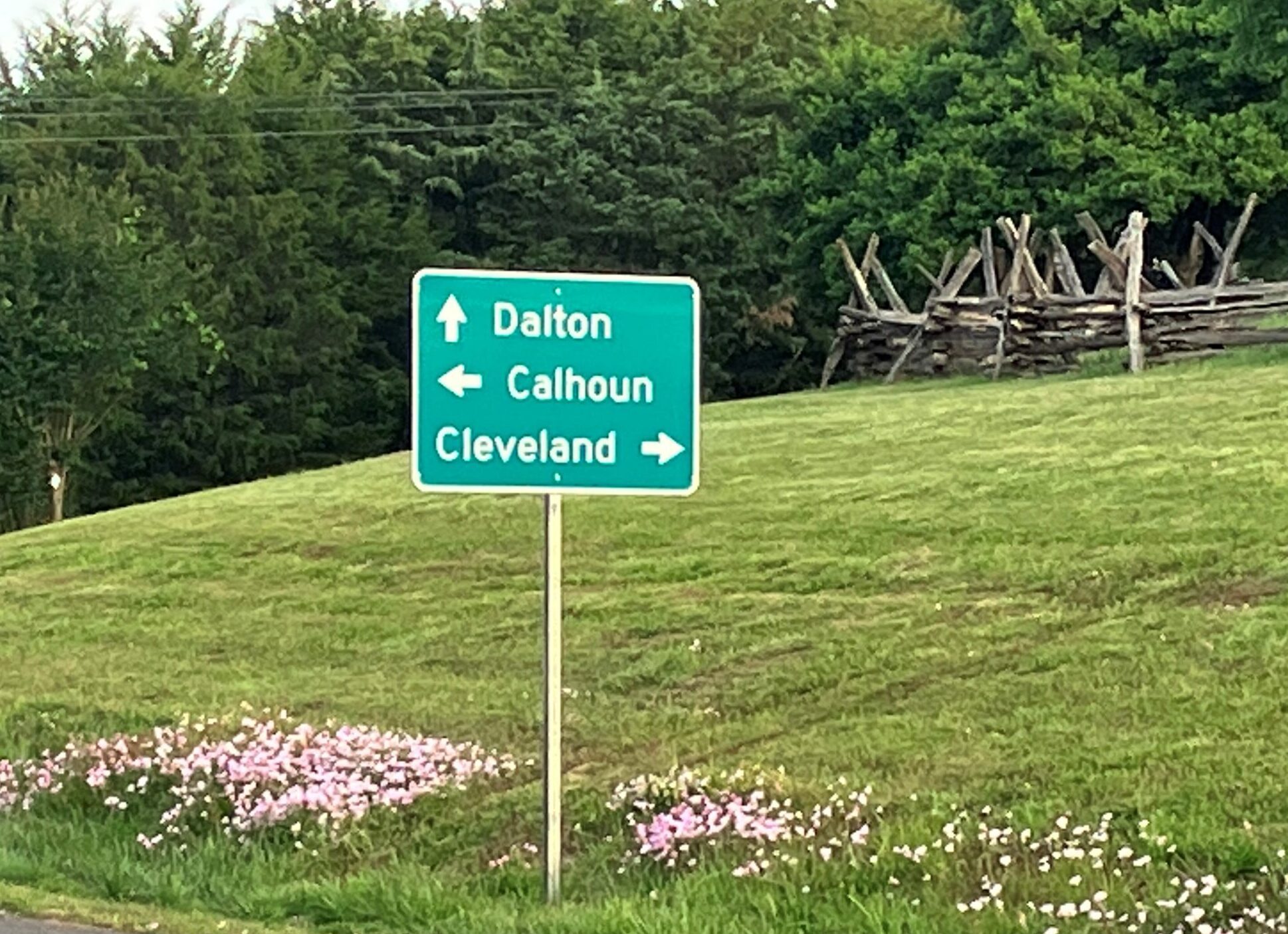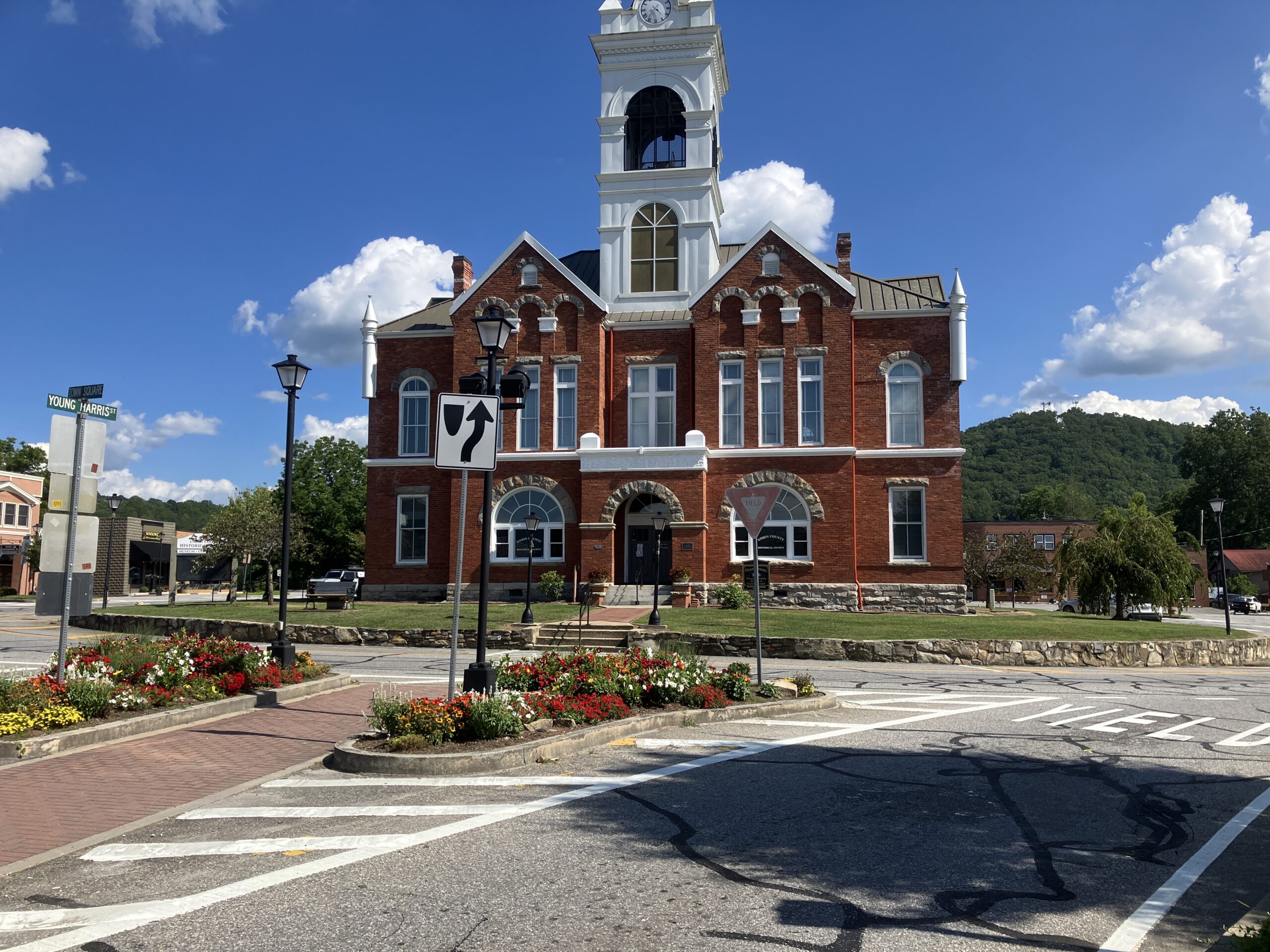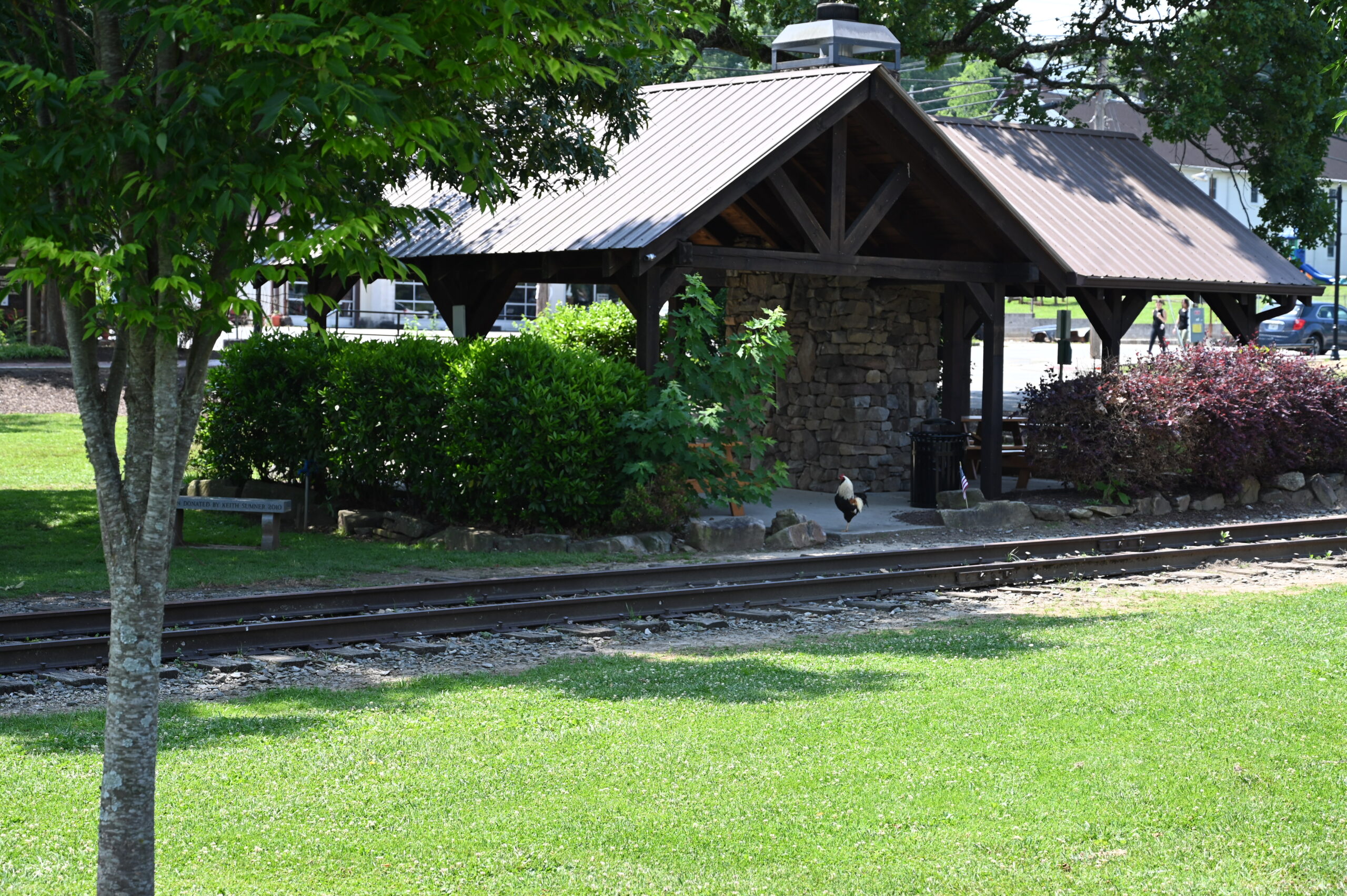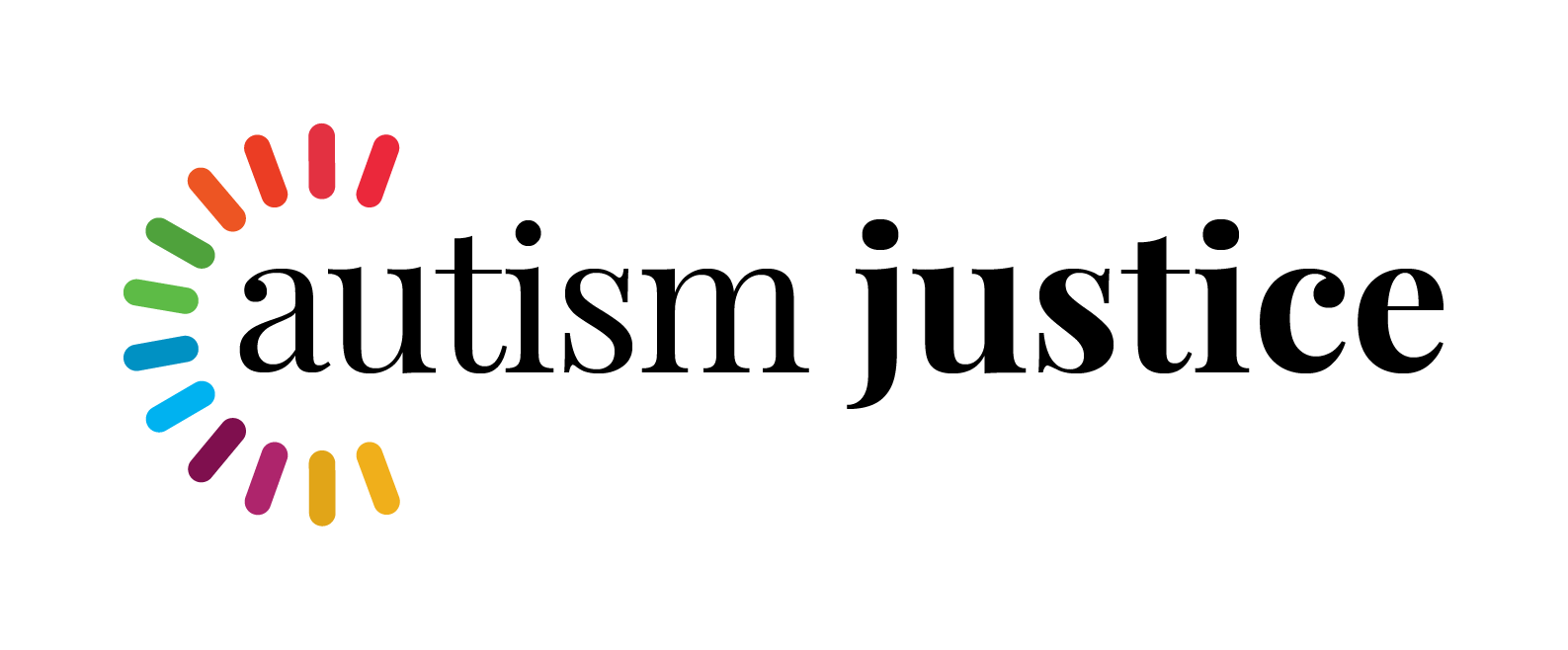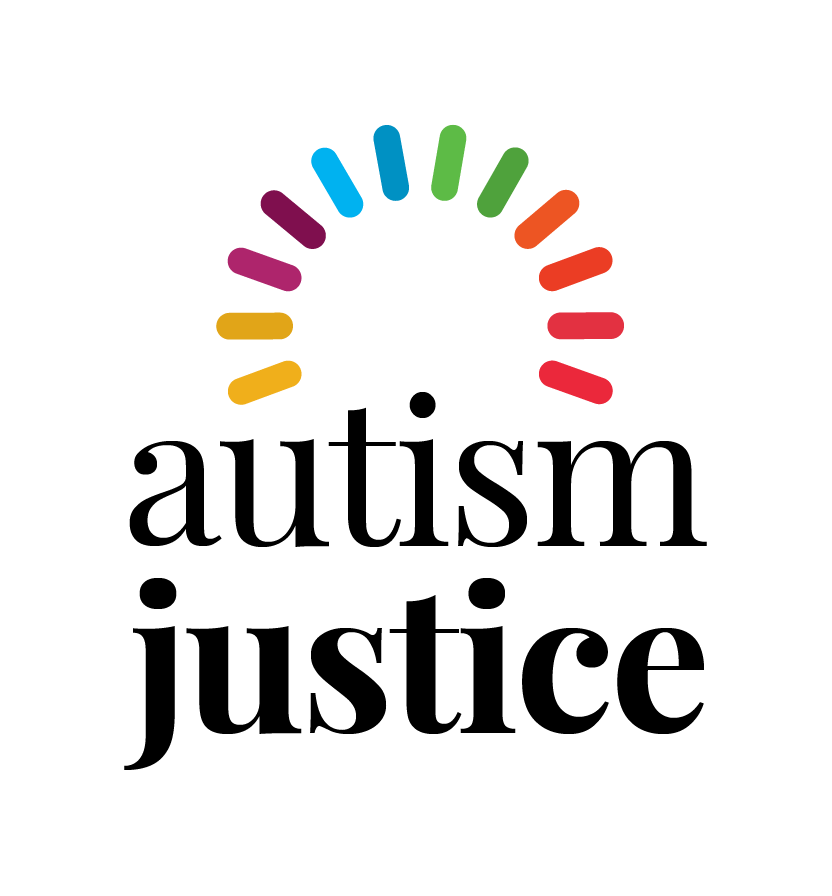Neglect is the refusal or failure to fulfill any part of a person’s obligations or duties to an elder. Neglect may also include a refusal or failure by a person who has fiduciary responsibilities to provide care for an elder (e.g., failure to pay for necessary home care service, or the failure on the part of an in-home service provider to provide necessary care). Neglect typically means the refusal or failure to provide an elderly person with such life necessities as food, water, clothing, shelter, personal hygiene, medicine, comfort, personal safety, and other essentials included as a responsibility or an agreement.
Georgia law defines neglect as the absence or omission of essential services to the degree that it harms or threatens with harm the physical or emotional health of a disabled adult or elder person.”Essential services” means social, medical, psychiatric, or legal services necessary to safeguard the disabled adult’s or elder person’s rights and resources and to maintain the physical and mental well-being of such person. These services shall include, but not be limited to, the provision of medical care for physical and mental health needs, assistance in personal hygiene, food, clothing, adequately heated and ventilated shelter, and protection from health and safety hazards but shall not include the taking into physical custody of a disabled adult or elder person without that person’s consent.
Signs and Symptoms of neglect
- Dehydration, malnutrition, untreated bedsores, and poor personal hygiene
- Unattended or untreated health problems
- Hazardous or unsafe living conditions (e.g., improper wiring, no heat or no running water)
- Unsanitary or unclean living conditions (e.g., dirt, fleas, lice on person, soiled bedding, fecal/urine smell, inadequate clothing)
- An elder’s report of being neglected
Source: http://aoa.gov/AoA_Programs/Elder_Rights/Elder_Abuse/docs/ABuseReport_Full.pdf
Report Online: http://aging.dhs.georgia.gov/adult-protective-services

